soulofwords
41 posts
Don't wanna be here? Send us removal request.
Text


A Scholar in His Study (Faust), Rembrandt van Rijn, 1652.
Faust, Part One, Johann Wolfgang von Goethe, 1808.
#dark academia#aesthetic#art#books#literature#dark academia quotes#faust#goethe#rembrandt van rijn#a scholar in his study#1652#the metropolitan museum of art#occult
23 notes
·
View notes
Text

-Pandora-
#art#art history#artwork#culture#history#painting#vintage#john william waterhouse#museums#museum#romanticism#mythological painting#love waterhouse paintings
3K notes
·
View notes
Text



1 - Herbs, Butterflies and a Serpent, Christian Jansz Striep
2 - Loki and Sigyn, Mårten Eskil Winge, 1863
3 - Serpents and Insects, Otto Marseus van Schrieck, 1647
4 - Lilith, John Collier, 1887
5 - Portrait of Simonetta Vespucci, Piero di Cosimo, 1480-1490
6 - Adam and Eve, Lucas Cranach the Elder, 1528
#dark academia#art#painting#aesthetic#snakes#lucas cranach the elder#history#art history#john collier#Piero di Cosimo#Lilith#simonetta vespucci#adam and eve#mårten eskil winge#loki and sigyn#dark academia quotes
27 notes
·
View notes
Photo




Delle allusioni, imprese, et emblemi del sig. Principio Fabricii da Teramo sopra la vita, 1588
924 notes
·
View notes
Photo



Delle allusioni, imprese, et emblemi del sig. Principio Fabricii da Teramo sopra la vita, 1588
508 notes
·
View notes
Text

The Harbor At Odessa On The Black Sea (1852) by Ivan Aivazovsky
154 notes
·
View notes
Photo

Julien Adolphe Duvocelle, Two Skulls, 1898
2K notes
·
View notes
Text

Jean-Paul Sartre, Les Mouches
3 notes
·
View notes
Text
“Hell is other people” has always been misunderstood. It has been thought that what I meant by that was that our relations with other people are always poisoned, that they are invariably hellish relations. But what I really mean is something totally different. I mean that if relations with someone else are twisted, vitiated, then that other person can only be hell. Why? Because…when we think about ourselves, when we try to know ourselves,…we use the knowledge of us which other people already have. We judge ourselves with the means other people have and have given us for judging ourselves. Into whatever I say about myself someone else’s judgment always enters. Into whatever I feel within myself someone else’s judgment enters…But that does not at all mean that one cannot have relations with other people. It simply brings out the capital importance of all other people for each one of us.
Jean-Paul Sartre on the line “Hell is other people” in a talk that preceded a recording of his play “No Exit”, 1965
2K notes
·
View notes
Text
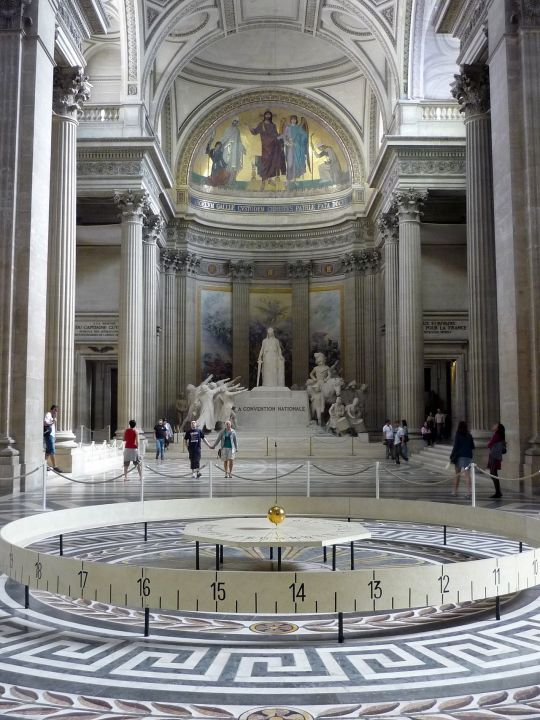

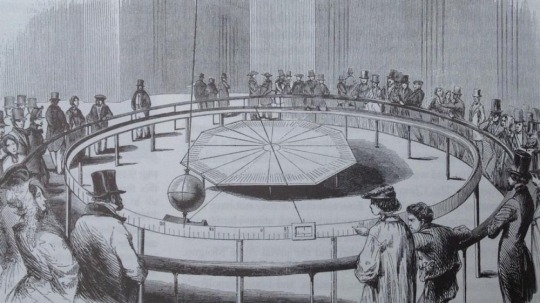
Foucault's pendulum in the Panthéon, Paris
Foucault's pendulum was introduced in 1851 by the physicist Jean Bernard Léon Foucault. It was the first experiment to demonstrate Earth's rotation.
The pendulum appears in Umberto Eco's book, Foucault's Pendulum, at the Musée des Arts et Métiers, which houses a great collection of scientific inventions and instruments, including an original version of the pendulum.
#dark academia#literature#umberto eco#foucault's pendulum#physics#science#museum#photos#pictures are not mine#history#books
33 notes
·
View notes
Text

Paris street at night
#dark academia#aesthetic#night photography#photography#picture not mine#paris#light academia#night#city life#beautiful photos
2 notes
·
View notes
Text
☽⭒ Mortua est! ⭒☾


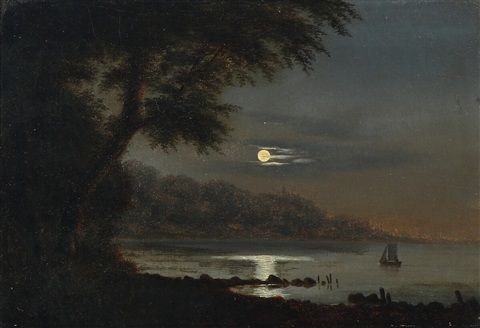


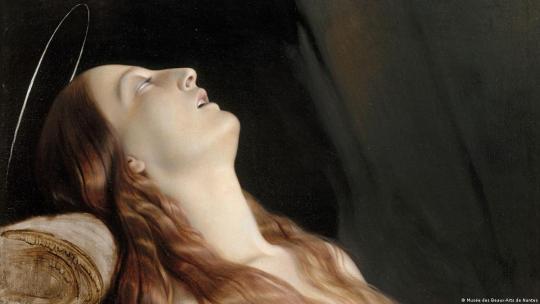

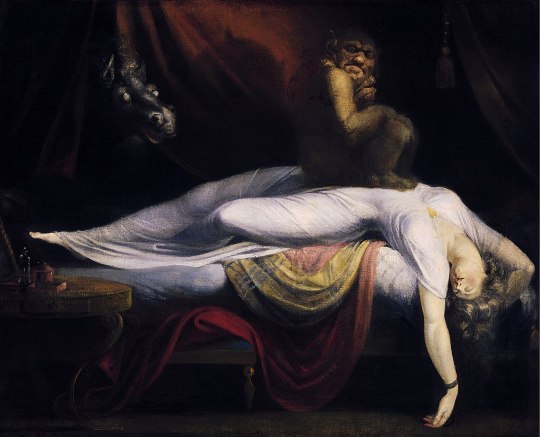
1 - "The Black Sea at Night", Ivan Aivazovsky
2 - a stanza from "Mortua est!" by Mihai Eminescu in Romanian (original)
3 - "A Moonlit Costal Scene", Georg Emil Libert
4 - "Landscape in the Moonlight", Knud Baade
5 - same stanza translated in English
6 - "The Wife of the Artist Louise Vernet, on her Deathbed", Paul Hippolyte Delaroche
7 - same stanza translated in French
8 - "The Nightmare", Henry Fuseli
"Mortua est!" is a romantic poem by Mihai Eminescu, written in 1871. It presents the death of a young girl, which leads to mourning as well as to an extensive reflection on the nature of life and death. At first, the poet regards death as a passing to a different realm, littered with starlight and castles. As the contemplation continues though, the frustration with the premature death elicits a different reaction, which suggests dissatisfaction with the futility of life and the inevitability of death, ultimately leading to the rejection of divinity.
#dark academia#aesthetic#poems and poetry#poetry#poems#romanticism#art#literature#quotes#painting#romantic academia#dark aesthetic#mortua est!#mihai eminescu#romania#romanian poetry#19th century#history#knud baade#ivan aivazovsky#georg emil libert#paul hippolyte delaroche#henry fuseli#the nightmare#landscape in the moonlight#the black sea at night#books#life and death#death
27 notes
·
View notes





